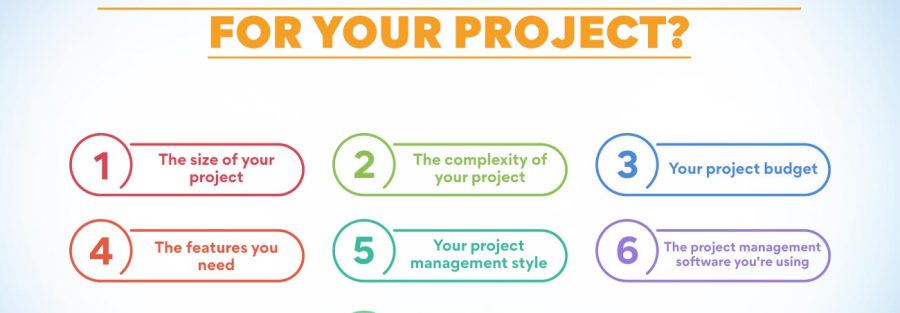Effective project management is crucial for delivering successful outcomes. Whether you’re just starting a project or looking to improve ongoing management, these tips, including pre-mortems and project management tools, can help you achieve better project management:
Pre-Mortems:
Conduct a pre-mortem before starting a project.
Gather your team and imagine that the project has failed. Ask them to identify the reasons for this failure. This exercise helps you proactively identify and mitigate potential risks and challenges.
Clear Objectives and Scope:
Define clear project objectives and scope.
Ensure that everyone on the team understands the project’s goals, deliverables, and timeline.
Use a project charter or statement of work to document this information.
Project Planning:
Develop a comprehensive project plan that outlines tasks, timelines, dependencies, and resource allocation.
Use these methodologies like Gantt charts or Agile boards to visualize and manage project progress.
Team Collaboration:
Foster a collaborative team environment.
Encourage open communication, knowledge sharing, and cross-functional collaboration.
Use collaboration tools like Slack, Microsoft Teams, or project management software to facilitate communication.
Risk Management:
Identify and assess project risks early in the planning phase.
Develop a risk management plan that outlines strategies for mitigating and responding to risks as they arise.
Resource Allocation:
Efficiently allocate resources, including personnel, equipment, and budget, to support project tasks.
Ensure that resources are available when needed and that there is a contingency plan for resource shortages.
Project Management Tools:
Utilize project management tools and software to streamline project planning, tracking, and reporting.
Popular options include Trello, Asana, Microsoft Project, and Jira, depending on your project’s complexity and needs.
Regular Status Updates:
Hold regular status meetings to keep stakeholders informed about project progress.
Provide updates on key milestones, issues, and risks. Use these meetings to align expectations and address concerns.
Change Management:
Implement a structured change management process to handle project changes effectively.
Ensure that changes are evaluated, approved, and communicated to all relevant parties.
Quality Assurance:
Establish quality assurance processes to ensure that project deliverables meet predefined standards and requirements.
Conduct regular quality checks and tests to identify and address issues early.
Documentation:
Maintain thorough project documentation, including project plans, meeting minutes, change requests, and issue logs.
This documentation serves as a historical record and helps with project auditing.
Stakeholder Engagement:
Actively engage with project stakeholders, including sponsors, clients, and end-users.
Solicit feedback and involve them in decision-making to ensure their needs are met.
Risk Monitoring and Control:
Continuously monitor project risks and adjust your risk management strategies as necessary.
Be prepared to implement risk mitigation actions promptly.
Contingency Planning:
Develop contingency plans for potential project disruptions.
Having backup plans in place can help you respond effectively to unforeseen events.
Lessons Learned:
Conduct post-project evaluations to gather lessons learned.
Document what went well and what could be improved for future projects. Use this feedback to refine your project management processes.
By incorporating these tips into your project management approach, you can increase the likelihood of delivering successful projects on time and within budget while minimizing risks and maximizing collaboration among your team members and stakeholders.

